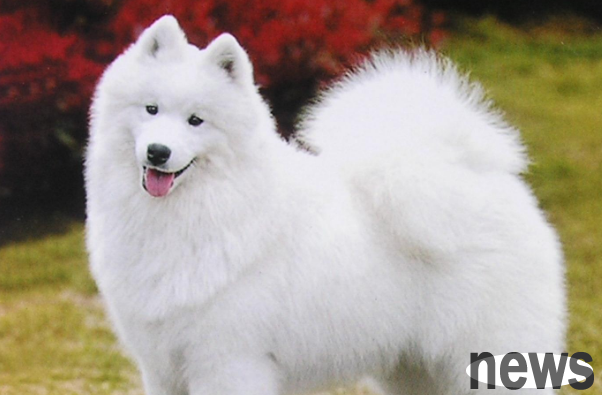Before determining that the dog is not growing, parents should first figure out a problem, that is, "Does the dog really not growing?" There are many breeds of dogs, such as Caucasian dogs, Tibetan mastiffs, Chihuahuas, golden retrievers, etc. Many dogs are divided into large dogs, medium dogs and small dogs. For small dogs, their body size is very petite, even when they are adults.

There are several reasons that affect the failure of dogs to grow, such as genetic genetic problems, improper breeding in the acquired state, lack of nutritional energy in the body, etc. If it is a genetic problem, then this is something that medicine cannot solve at present. And if it is a problem of acquired breeding, this can be completely avoided.
Clinical research has found that dogs also need a lot of nutrients to grow.
Such as proteins, fats, calcium, vitamins, trace elements, carbohydrates, etc. Among them, calcium nutrition is an indispensable nutrient for the development and growth of dog bones. Once a dog lacks calcium, its bone development will be abnormal. There will be deformities in the bones and thin body bones, which will make the dog look very small and not big.
To ensure that pet dogs can grow and develop healthily, you must pay attention to your daily diet after the puppy is born.

To put it simply, it is to ensure that the dog eats a healthy diet and prepares nutritious and balanced foods. However, it takes time and energy for parents to do this. Owners should scientifically choose food for their dogs, such as professional dog food. Then you have to feed it regularly and regularly every day. Only with such care can the pet dog you raise grow up healthily.
Most dogs do not grow up have a lot to do with their daily diet, especially for calcium needs. Owners must pay attention. For large dogs, calcium supplementation should be done well during the puppy period, otherwise some bone problems are likely to occur, including not growing or not growing tall.